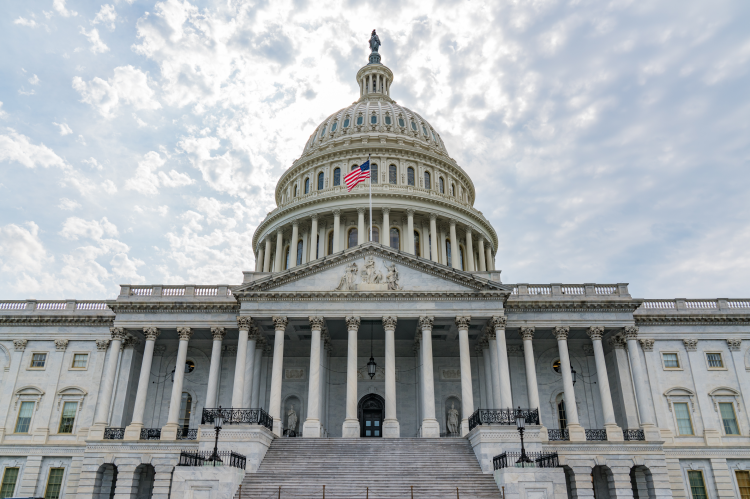$6.6 Billion Mountain Valley Pipeline Still Uncertain After Inflation Reduction Act

A $6.6 billion natural gas Mountain Valley Pipeline long advocated by Democratic U.S. Senator Joe Manchin in his home state of West Virginia is facing bipartisan resistance on Capital Hill and will not be afforded preferential treatment.
Manchin will likely need 10 Republicans for his permitting bill he introduced this week that would speed approvals of fossil fuel projects like natural gas pipelines but also for huge electricity transmission lines needed to bring power from wind and solar farms to cities.
"By next week we'll either have a permitting process that accelerates and lets us compete on a global basis of how we do things and bring things to market or not and politics get in the way," Manchin said at the Global Clean Energy Action Forum in Pittsburgh.
A series of lawsuits has slowed the Mountain Valley Pipeline's progress.
Originally approved by the Federal Energy Regulatory Commission in 2017, the project was supposed to wrap up in 2018 with a budget of $3.5 billion. Environmental groups such as the Sierra Club and Appalachian Mountain Advocates sued federal agencies that issue the pipeline's permits, arguing they failed to adhere to environmental law, and succeeded in getting several permits thrown out, some more than once. The cost of the project ballooned to more than $6 billion.
The area is too steep, too full of rivers and streams and home to endangered species such as the candy darter, a small colorful fish, for the pipeline to be completed, says Joe Lovett, founder and executive director of Appalachian Mountain Advocates.
An aide to Schumer on Thursday said that a procedural vote on the government funding bill is expected to take place on Tuesday.
Congress faces a Sept. 30 deadline to pass legislation to approve funding to keep the government operating beyond the current fiscal year.

